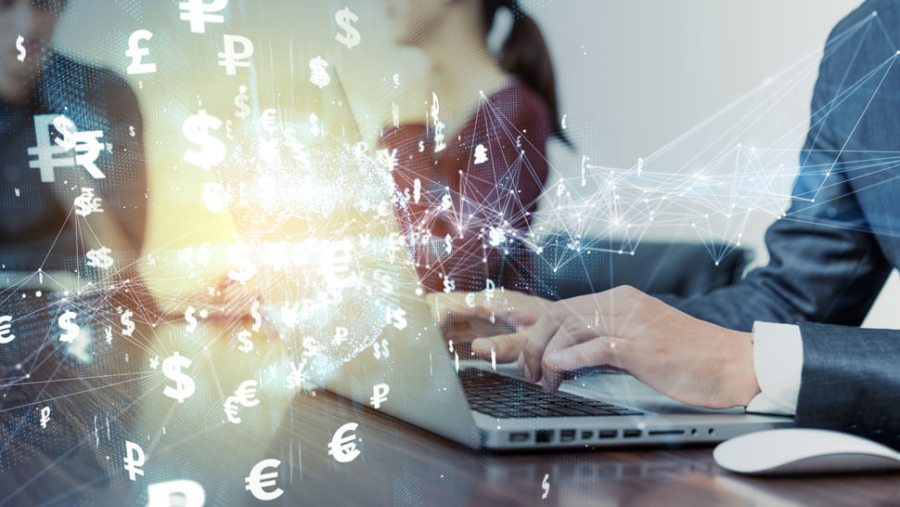

If pressed, could you explain what blockchain is, who uses it, why, what for and whether it’s actually the same as Bitcoin?
Fortunately we can – in the first of an occasional series, Nicola McNeely, our Head of Technology Sector, answers some of the most essential questions about blockchain and how it will affect all our lives in various ways as it develops.
What is blockchain?
In simple terms, blockchain is a mechanism by which you can allocate property to an owner and the blockchain allows that property to transfer, or “change hands” as we prefer to describe it. It is a tamper-proof and time-stamped database operating in a distributed network of computers (or “nodes” as we call them) which keep track of transactions.
It allows individuals, firms, public entities and others to validate transactions and to update records in a synchronised, transparent and decentralised way, peer-to-peer (P2P).
In essence, instead of relying on third parties, a process is used to verify, validate and add transactions to the blockchain across the decentralised network with no middlemen. Each block is linked to the previous block and the next block, creating the ‘chain’, which cannot be changed, tampered with or deleted.
Not all blockchains are public. Many in enterprise in particular are private, permissioned blockchains so they are only visible to those who are permitted to access them specifically. Each has distinctive features and functions.
The technology draws together numerous different technologies and approaches including distributed ledger technology, cryptography and game theory to create the unique technical offering.
Who uses it and what for?
The technology is particularly useful in large mobile payment markets and where P2P payments are growing. There is a plethora of use cases, however.
Contact our Technology sector team now.
This includes:-
- Banking, fintech and financial services – simplifying payment methods but also financial transactions themselves, simplifying data across financial systems so there is only one accurate version of the truth
- Transfer of properties/land using blockchain
- Transfer of personal data i.e. medical records, education records, personal information
- Registries for ownership of intangible assets like intellectual property to prove who created them, when and where
- Fractional ownership of property/developments/commodities such as gold and other precious metals, gem stones (primarily diamonds and rare gems)
- Insurance coverage for shipping and logistics
- Global supply chain management including gem stones, food, clothing, manufacturing, luxury goods – this deals with issues of provenance and Corporate Social Responsibility in the global supply chain
- Recording of ownership of assets such as art, antiques, luxury goods
- Travel – the travel industry is exploring ways to simplify and to reduce the cost of their supply chain
- A number of countries and central banks are exploring and launching their own digital currencies
Is it the same as Bitcoin?
No – there are historic associations with cryptocurrency (i.e. Bitcoin) which can make people nervous about using blockchain technology, but Bitcoin and blockchain are not the same.
Blockchain is the underlying technology upon which Bitcoin was and is built, but the technology has much wider applications and uses than the creation of cryptocurrencies like Bitcoin.
Will it affect me?
It is doing this already and will do so increasingly – If you buy or sell anything, you will encounter blockchain sooner or later. Crypto merchants are emerging on the high street more and more.
- Payments are becoming frictionless; it’s almost an imperceptible and automated part of daily life as subscription models and micro payments grow.
- The use of biometrics (facial recognition, fingerprint technology etc.) is growing; for example, PayPal OneTouch® whereby you can pay with just one or two clicks when you’re on the go.
- The cashless society is a possibility, operating almost entirely on contactless and tokenisation using blockchain, whereby people pay with their smart watch or mobile phone.
- As higher transaction volumes increase and people spend less and less per transaction, the economics of blockchain technology come into their own. On the whole it’s much cheaper to transfer payments via blockchain.










